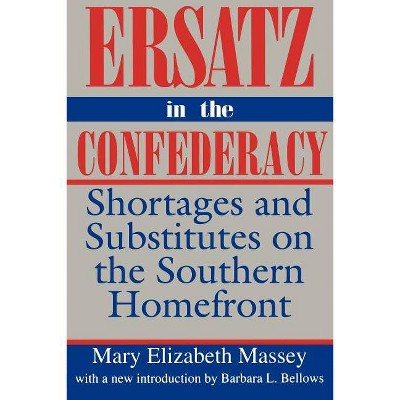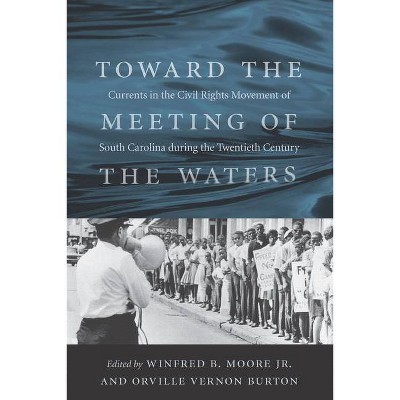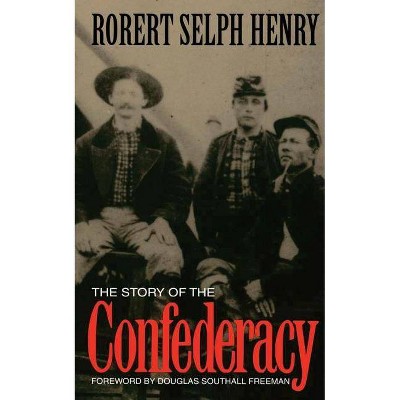Conscription and Conflict in the Confederacy - (Southern Classics) by Albert Burton Moore (Paperback)

Similar Products
Products of same category from the store
AllProduct info
<p/><br></br><p><b> About the Book </b></p></br></br>William Garrett Piston's introduction places the volume in its historical context and underscores one of its most remarkable aspects--Moore's admission that a large number of Southerners did not support the Confederacy.<p/><br></br><p><b> Book Synopsis </b></p></br></br><p><b>The groundbreaking study of the Confederate draft</p><p></b>In a book that has served as a standard source for more than three generations of Civil War scholars, Albert Burton Moore uses conscription to illustrate a central paradox of the Confederacy--in order to protect its commitment to states rights, the Confederacy was forced to adopt tactics of centralized government. He examines the system's daily operations, troublesome substitution and exemption procedures, and ultimate collapse. Although he credits Confederate conscription with a high degree of success, he blames it for causing dissension between state and national officials and for creating bureaucratic problems of colossal proportions.</p><p>William Garrett Piston's introduction places the volume in its historical context and underscores one of its most remarkable aspects--Moore's admission that a large number of Southerners did not support the Confederacy.</p><p/><br></br><p><b> From the Back Cover </b></p></br></br>A standard source for more than three generations of Civil War scholars, Conscription and Conflict in the Confederacy remains the authoritative study of the Confederate draft. In this landmark book, Albert Burton Moore uses conscription to illustrate a central paradox of the Confederacy: in order to protect its commitment to states' rights, the Confederacy was forced to adopt tactics of centralized government. Charting the strength of Confederate forces before and after conscription's implementation in 1862, Moore examines the system's daily operations, troublesome procedures for substitutions and exemptions, and ultimate collapse. He conveys the controversy surrounding conscription by quoting from acerbic and sometimes eloquent arguments for and against conscription put forth by governors, congressmen, newspaper editors, and soldiers. Although Moore credits Confederate conscription with a high degree of success, he blames it for causing friction between state governors and President Jefferson Davis, dissension between state and national judicial systems, and bureaucratic problems of colossal proportions. William Garrett Piston's new introduction places the volume in its historical context and underscores one of the most remarkable features of the study - Moore's forthright admission that a large number of Southerners did not support the Confederacy.<p/><br></br><p><b> About the Author </b></p></br></br><p><b>William Garrett Piston</b> is associate professor of history at Southwest Missouri State University in Springfield, where he teaches courses in Civil War and military history. The author of <i>Lee's Tarnished Lieutenant: James Longstreet and His Place in Southern History, </i> Piston is currently working on a history of the Civil War battle of Wilson's Creek.
Price History
Price Archive shows prices from various stores, lets you see history and find the cheapest. There is no actual sale on the website. For all support, inquiry and suggestion messagescommunication@pricearchive.us


















